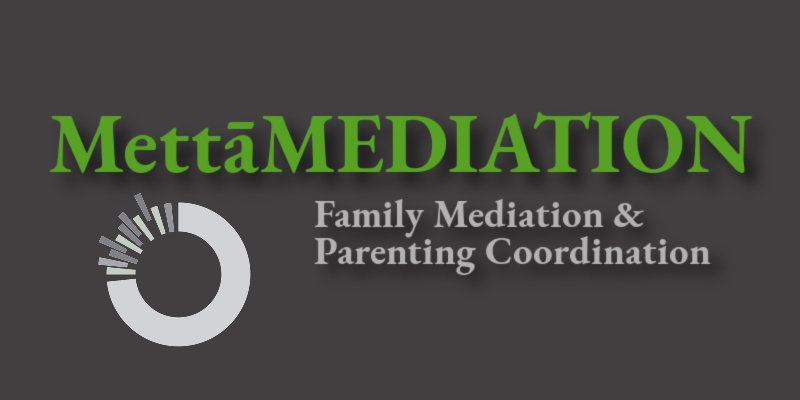“I really want to be able to express how I feel…”
Separation is very often about feelings - strong feelings. They come in a variety of shapes and sizes - from sadness and grief, to disappointment, anger and suspicion. When concerns about the future - children, money, rights and obligations, come into play, the mixture can be potent and liable to explode.
Many people who find themselves in the midst of a separation feel they need a release for their emotions - they need to be able to express their feelings, tell the other side how they feel, before getting to the next step, before being able to actually negotiate the outstanding issues.
I very much recognize the emotional/psychological aspect of separation and talk about it often on my podcast, SANE SPLIT. I also feel it’s important to give parties coming to the negotiating table an opportunity to share how they feel, in a controlled, structured, comfortable setting in which expressions of feelings do not turn into unproductive accusations and reprisals. In the right circumstances, I encourage the parties to let down their defenses and engage with one another - in a respectful but honest way - once they have a chance to do so, they are often better able to see with more clarity the issues for negotiation. And they are more able to actively express both their positions and interests.
Separated individuals have much more of a chance to express their feelings in the context of family mediation than they do in court. Family Court judges are rightly focused on parties’, and children’s, rights and obligations, not on feelings and emotions. Let me elaborate so I make myself more clear: it is not that family court judges do not care about the psychological, emotional aspect of separation - rather, dealing with these issues, addressing them the way family mediation can, is not their job. Their mandate is to ensure legal rights and obligations are identified and met. They are also keen on protecting children and ensuring their healthy, happy growth and development.
Family mediation is a process in which parties can put on the table all issues which concern them, including feelings, if doing so is necessary to moving on to the next stage and that is considering overall settlement and finality.
If you think family mediation may be right for you, contact me for more information about my services.
©AJJakubowska

